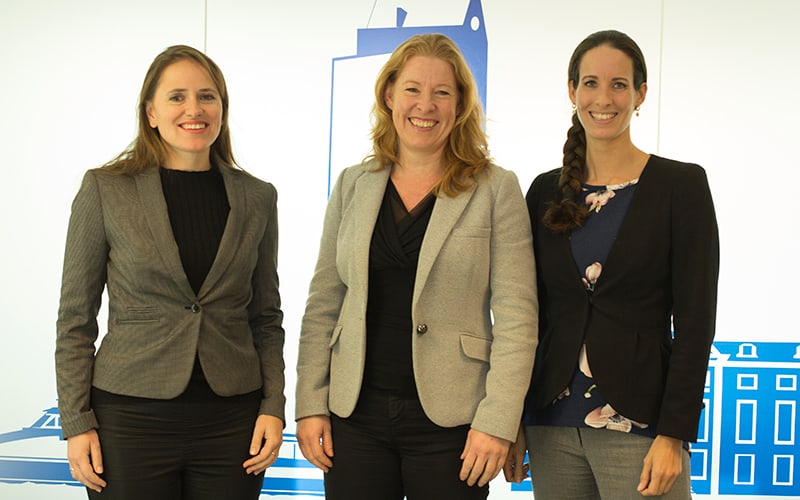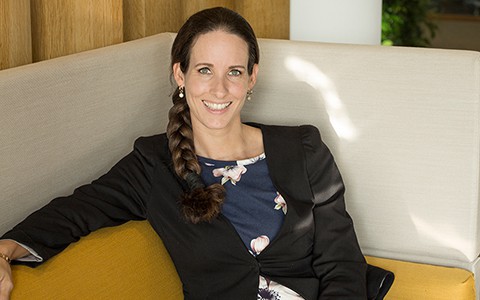The banking sector is undergoing changes. Especially during a period of transition, it's important to know the talent you have in-house. At Rabobank Ridderkerk Midden-IJsselmonde, they use the TMA Method to empower their people – from management to employees – both within and outside the organization.
"Those who do work that suits them are happier," says HR Manager Sylvia Pors, who has enough experience to know this is true. "Happy people approach their jobs with much more energy and vitality. This is not only beneficial for the employees themselves but also for the entire company. Empowering people is one of the pillars in the strategic framework at Rabobank."


